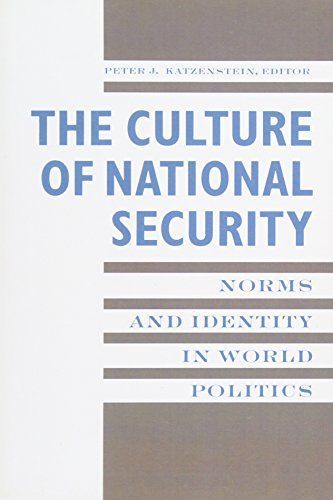
The Culture of National Security Norms and Identity in World Politics
The political transformations of the 1980s and 1990s have dramatically affected models of national and international security. Particularly since the end of the Cold War, scholars have been uncertain about how to interpret the effects of major shifts in the balance of power. Are we living today in a unipolar, bipolar, or multipolar world? Are we moving toward an international order that makes the recurrence of major war in Europe or Asia highly unlikely or virtually inevitable? Is ideological conflict between states diminishing or increasing? In The Culture of National Security, sixteen leading scholars employ an innovative fusion of sociology and security studies to explore alternatives, to the long-dominant analytical perspectives of neorealism and neoliberalism. Questioning the utility of imagining global security relations simply in terms of the conventional dimensions of power and interest, contributors reflect on whether a more effective model would include analysis of cultural complexes as well. Spanning two centuries from the Greek war for independence in the 1820s to Israeli Palestinian negotiations today, reflecting on such pressing concerns as nuclear and chemical weapons bans and humanitarian intervention, The Culture of National Security lays the groundwork for new models of national security and global affairs, offering a much needed entry point to understanding a world in transition.